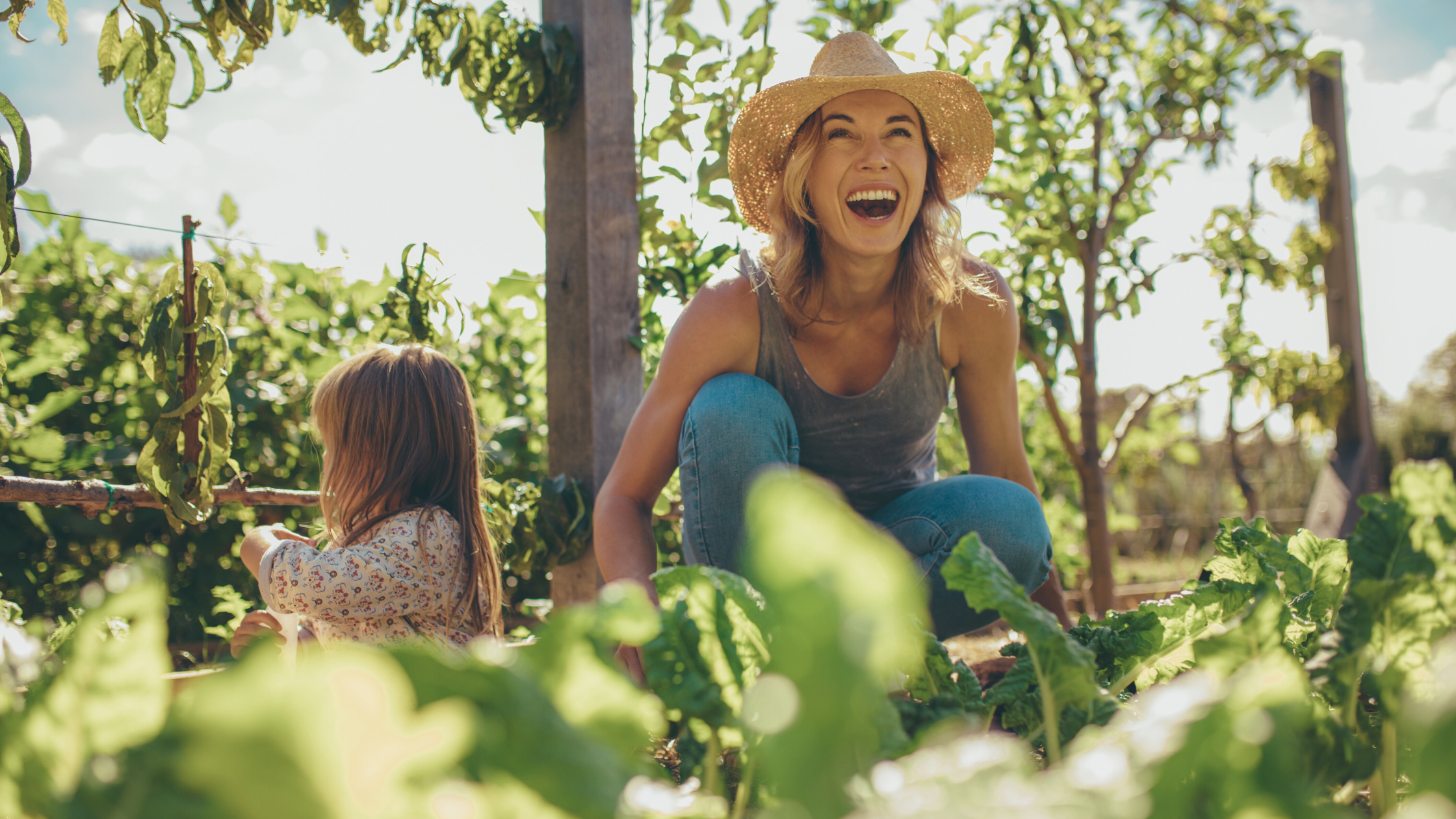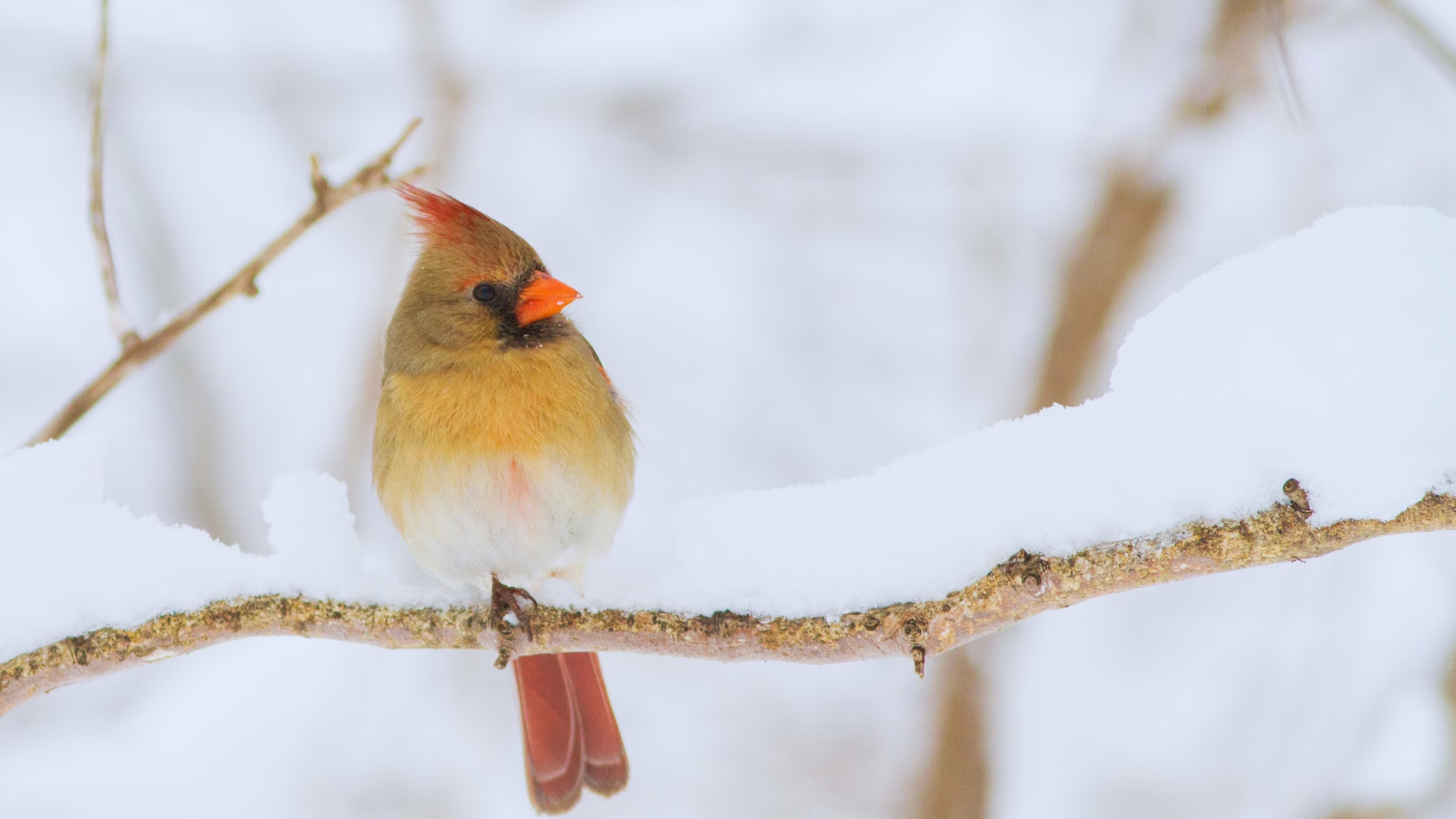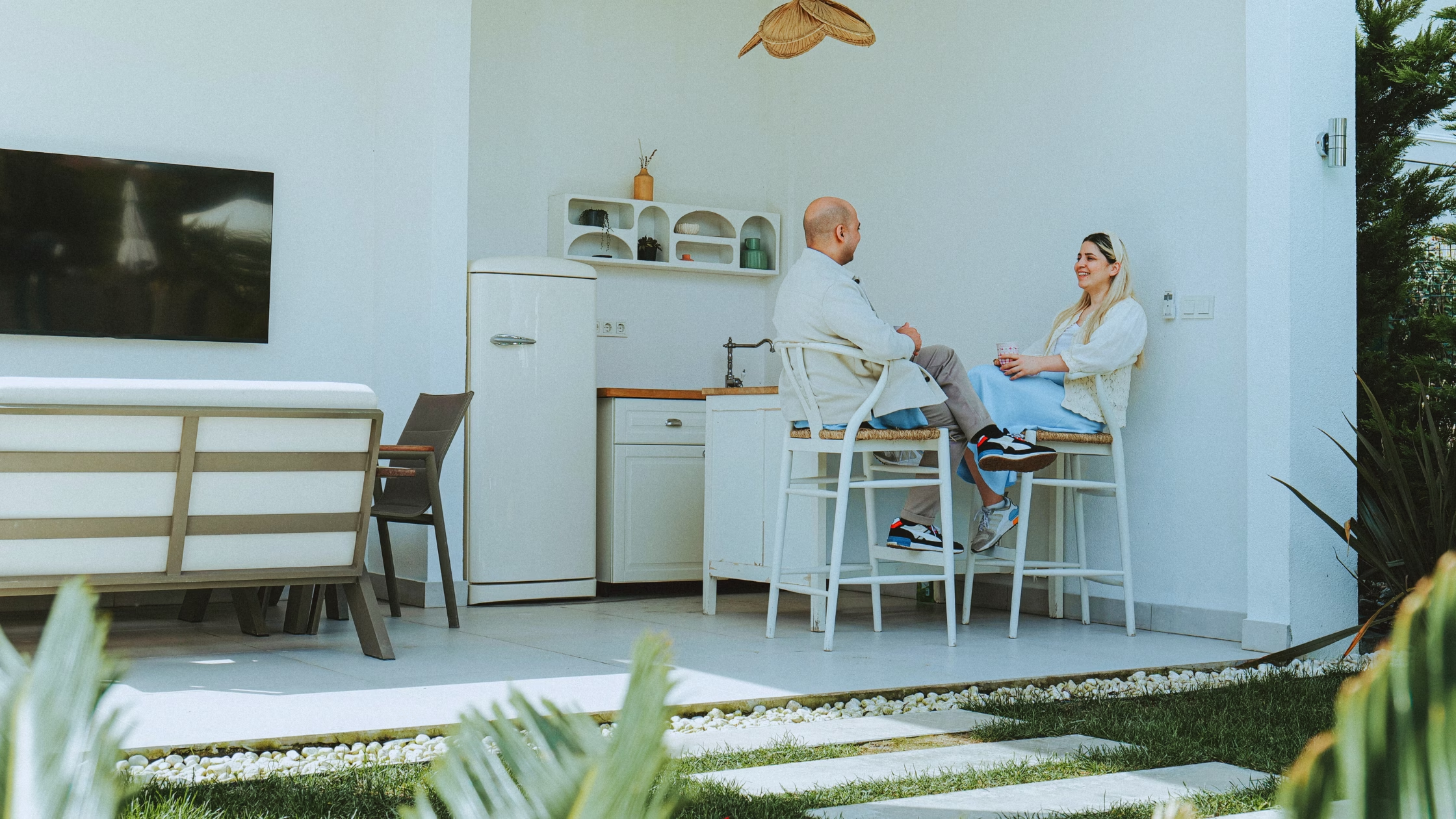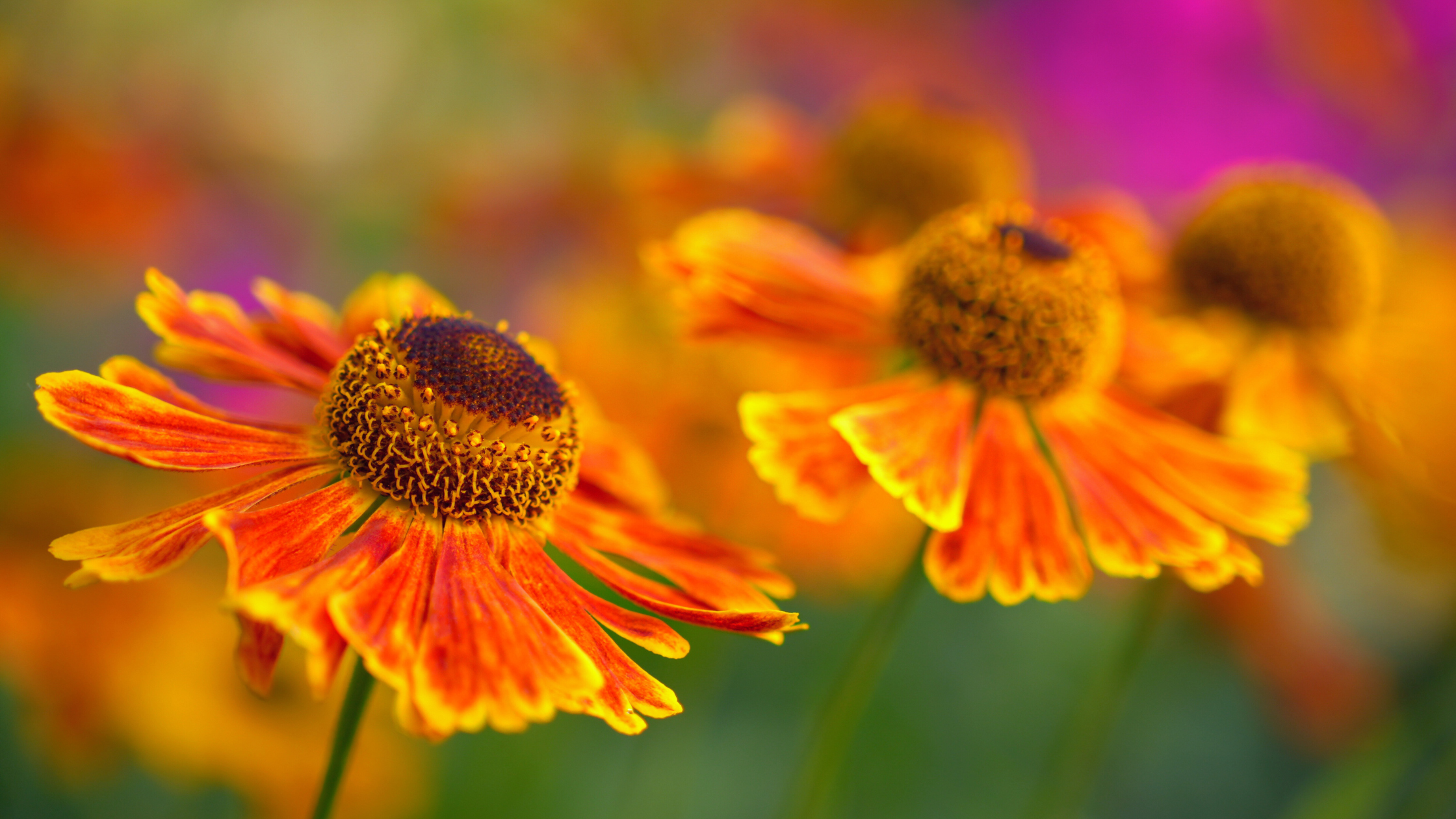If you’ve ever wondered how to make your garden not only beautiful but also eco-friendly, you’re not alone. Sustainable gardening is one of the most rewarding ways to care for the earth while creating a thriving, budget-friendly outdoor space. The best part? It doesn’t have to be complicated. With a few small changes, these sustainable gardening tips will help you reduce waste, support pollinators, grow healthier plants, and save money all at the same time.
Here are 5 simple yet powerful sustainable gardening tips to start implementing today.
1. Water Conservation Techniques:
One of the cornerstones of sustainable gardening is efficient water management.
Here are 3 suggestions:
-Installing drip irrigation systems to deliver water directly to the roots of plants, minimizing evaporation and runoff.
Product Recommendation and Amazon Best Seller: Flat Soaker Hose 150 ft for Garden
-Mulching garden beds with organic materials like straw, wood chips, or compost to retain moisture in the soil and suppress weed growth.
-Collecting rainwater in barrels or cisterns to use for watering plants, reducing reliance on municipal water sources.
Product Recommendation and Amazon Best Seller: Home Accents 50-Gallon ECO Rain Water Collection Barrel
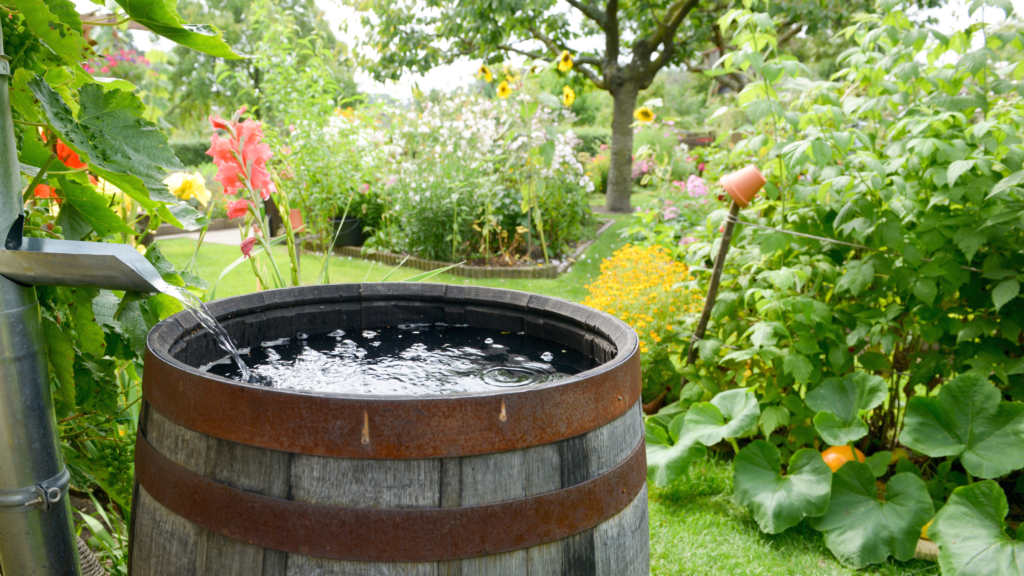
2. Organic Soil Management:
Healthy soil is the foundation of a successful garden. Adopting organic soil management practices can improve soil fertility, structure, and microbial activity.
Incorporate the following techniques:
A.)Composting is the heart of a sustainable garden. Turn vegetable scraps, eggshells, coffee grounds, and yard clippings into nutrient-rich food for your soil.
- Product Recommendation: This compact countertop compost bin with charcoal filter (Affiliate link) is perfect for indoor use without odors.
B.)Plant cover crops: clover or vetch will help to protect and enrich the soil, reducing erosion and improving soil health.
- Product Recommendation: Cover Crop Seed Collection Variety Pack
C.)Avoid synthetic fertilizers and pesticides that can harm beneficial soil organisms and pollute waterways. Opt for organic alternatives like compost tea and neem oil.
- Keep bees safe! The use of chemical pesticides and herbicides has been linked to the decline in bee and insect populations worldwide.
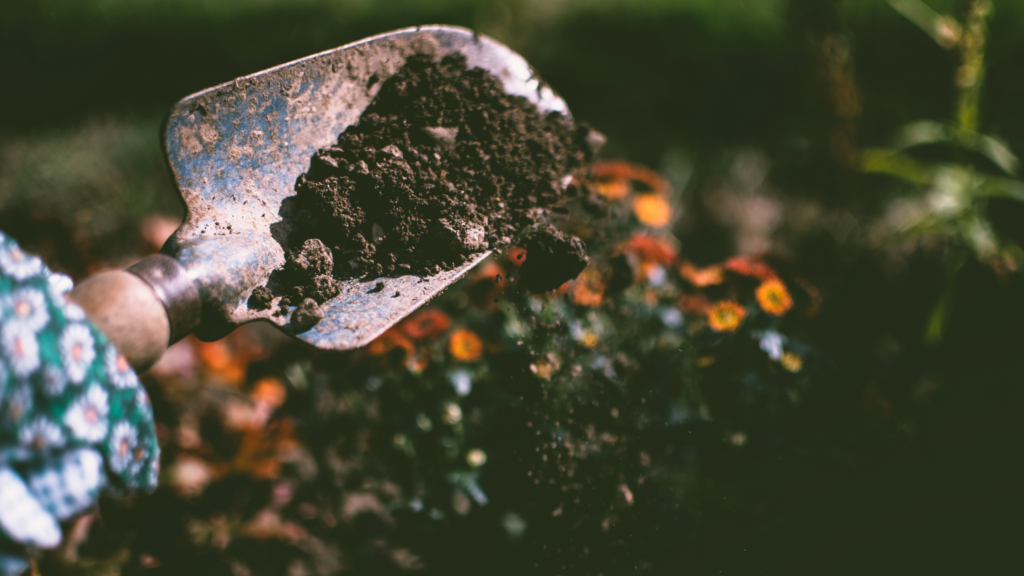
3. Native Plant Selection:
Choosing native plants for your garden is an excellent way to support local ecosystems and promote biodiversity, making them low-maintenance and resilient choices for gardeners.
Planting Native Benefits include:
A.)Support Native Wildlife: Birds, bees, and butterflies thrive on native plants, helping to maintain healthy ecosystems and preserve biodiversity.
B.)Low Maintenance: Native plants require less water, fertilizer, and pesticides.
C.)Adaptability: Native plants are well-suited to local climate and growing conditions, enhancing the beauty and character of your landscape.
- Related article: Embracing Native Plants: A Gardening Trend That’s Here To Stay
4. Integrated Pest Management (IPM)
Integrated Pest Management (IPM) is a holistic approach to pest control that emphasizes prevention, monitoring, and natural control methods to manage pests effectively.
Implement these IPM strategies in your garden:
A.) Attract Beneficial Insects: Plant nectar-rich flowers to attract ladybugs, lacewings, and predatory wasps that prey on garden pests.
B.) Practice Crop Rotation and Companion Planting: Disrupt pest life cycles and create a balanced ecosystem by rotating crops and planting companion plants.
C.)Use Physical Barriers: Employ row covers or netting to exclude pests from vulnerable plants, reducing the need for chemical interventions.
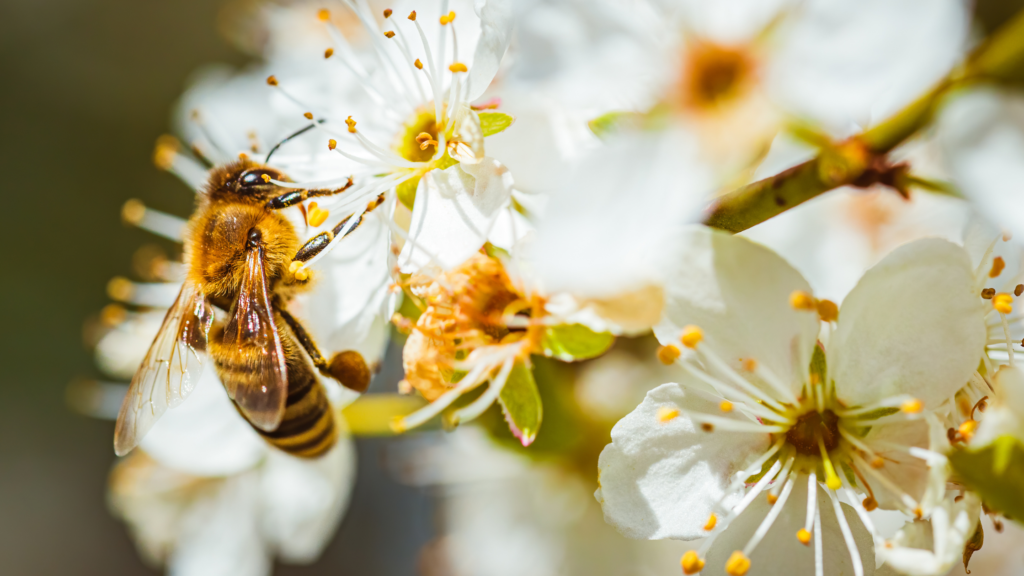
5. Grow Your Own Food
Even if you have limited space, growing herbs, greens, and vegetables reduces your carbon footprint and grocery bills. Plus, when you grow your own food, you naturally begin to eat what’s in season, which is better for your health, supports local ecosystems, and tastes far fresher than out-of-season produce from grocery stores.
- Try this: Stackable vertical garden tower for patios and small spaces.
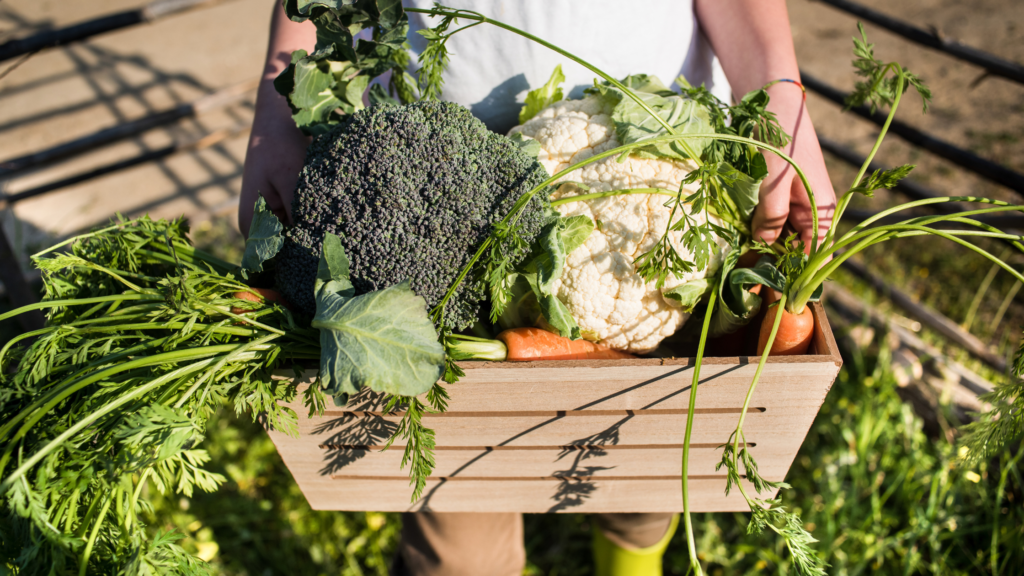
By conserving water, reducing the need for chemicals, and utilizing natural resources, you can save money on utility bills and garden supplies. By working with nature rather than against it, you can create a garden that is not only beautiful and productive but also easier to maintain in the long run.
Which of these sustainable gardening tips will you try first? x
